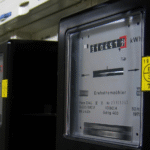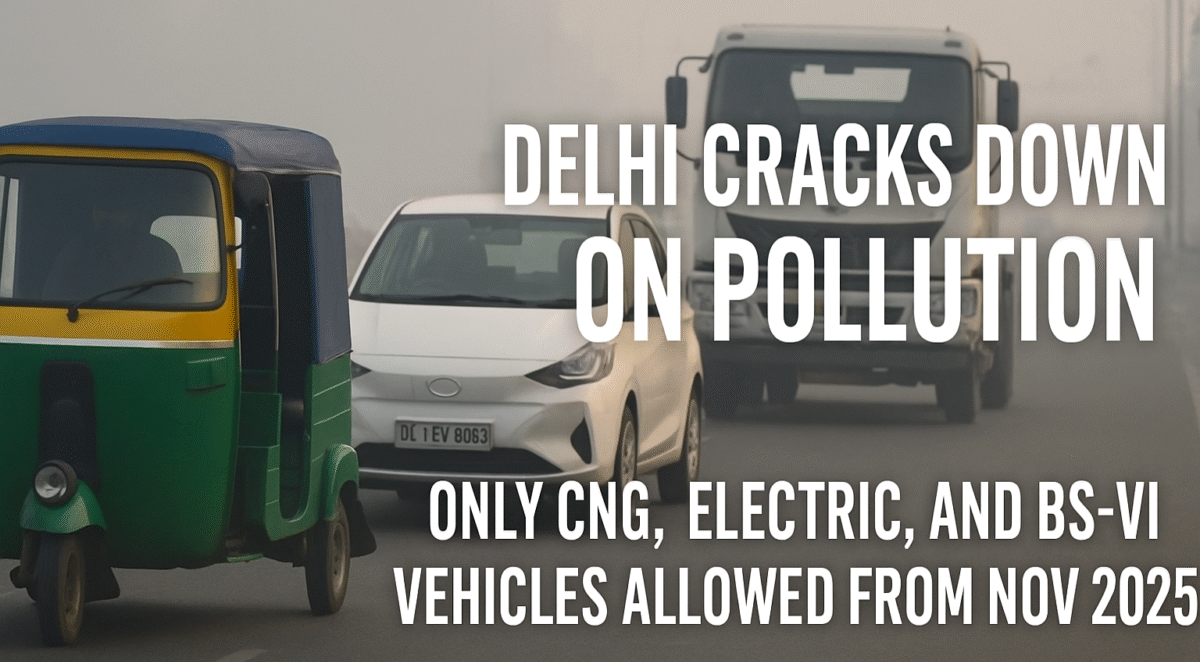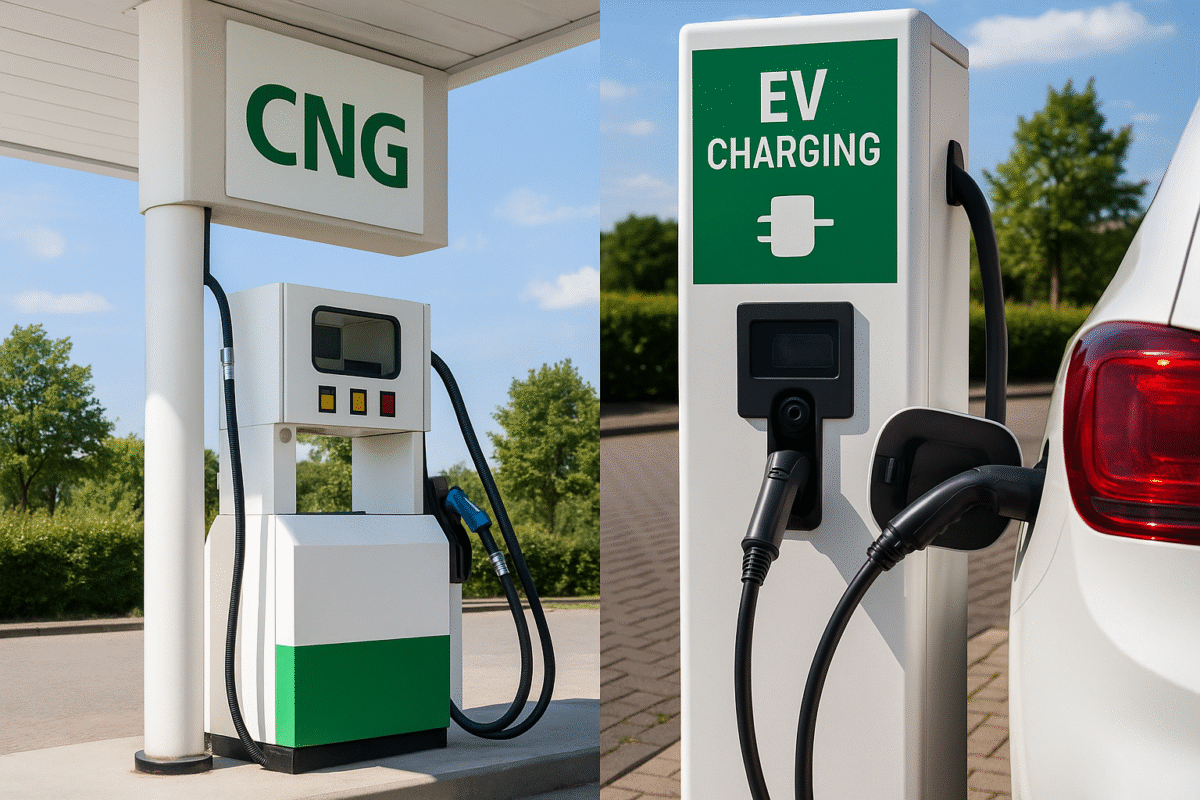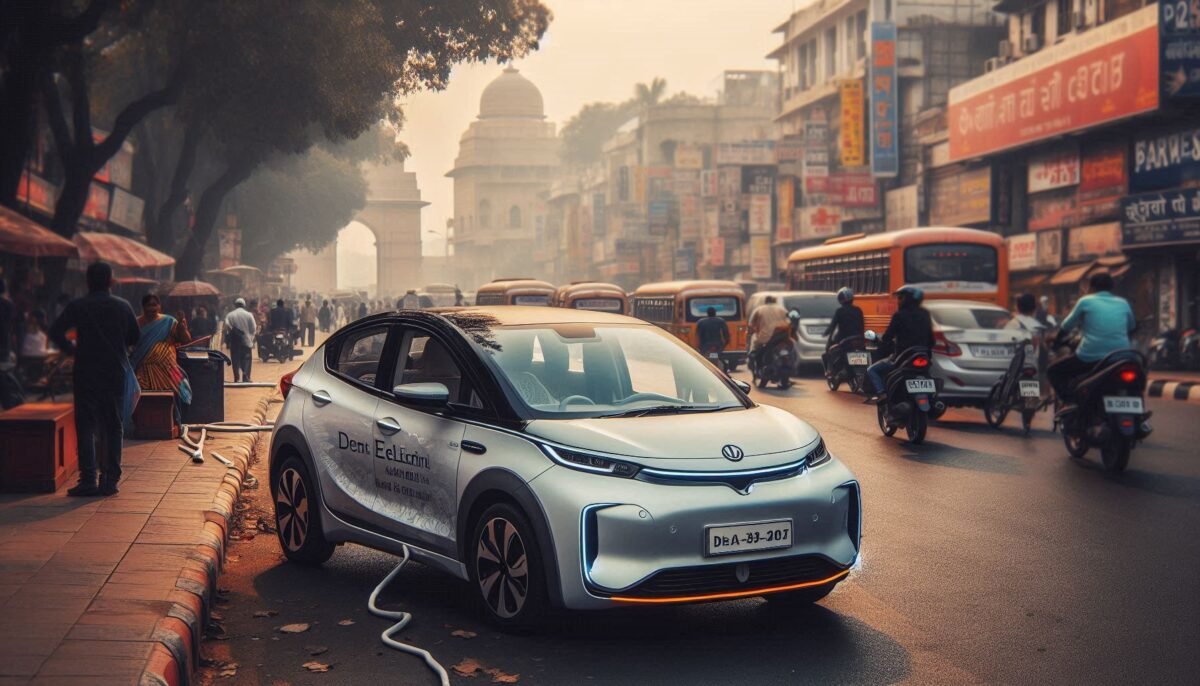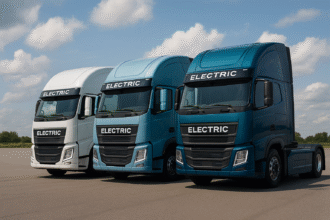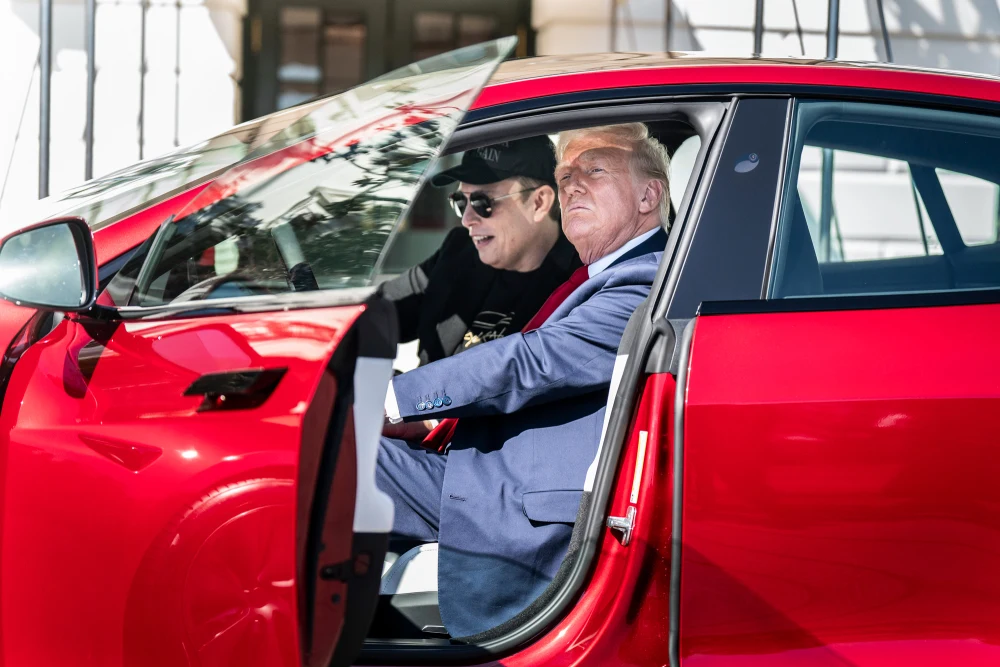In a decisive move to combat escalating air pollution, Delhi has announced a comprehensive ban on high-emission commercial vehicles entering the city, effective November 1, 2025. This initiative, part of the Air Pollution Mitigation Plan 2025, aims to significantly reduce vehicular emissions, a major contributor to the capital’s deteriorating air quality.
Key Measures and Implementation
Under the new directive, only commercial vehicles that are BS-VI compliant, run on Compressed Natural Gas (CNG), Liquefied Natural Gas (LNG), or are electric will be permitted entry into Delhi. This restriction applies to Light, Medium, and Heavy Goods Vehicles (LGVs, MGVs, and HGVs) not registered in Delhi. The Commission for Air Quality Management (CAQM) issued this mandate through Direction No. 88, dated April 23, 2025.
Furthermore, starting January 1, 2026, all buses operating under various service regimes, including All India Tourist Permits, must transition to cleaner fuels—BS-VI diesel, CNG, or electric. This requirement, outlined in Direction No. 93, excludes buses registered within Delhi.
To facilitate compliance, the Delhi government plans to deploy 2,299 electric autos at major Metro stations and install 18,000 public and semi-public EV charging points across the city. These will be strategically located at malls, transit hubs, and commercial zones. Earlier last week, Delhi CM announced that they also plans to introduce over 4,000 electric buses under the Delhi Electric Vehicle Interconnector (DEVi) initiative by the end of the year.
Enforcement will be bolstered by the implementation of Automatic Number Plate Recognition (ANPR) cameras and Radio-Frequency Identification (RFID) technology at all entry points to monitor and restrict non-compliant vehicles.
Broader Regional Initiatives
Delhi’s neighboring regions are adopting similar measures. Starting November 1, 2025, fuel stations in Noida and Ghaziabad will deny fuel to end-of-life vehicles using ANPR cameras, targeting vehicles conforming to BS-II and BS-III emission standards.
Additionally, Delhi’s draft electric vehicle policy proposes limiting the number of gasoline and diesel cars a family can own and banning the sale of fossil fuel-powered two-wheelers starting April 1, 2027. This policy aims to increase EV adoption and reduce air pollution.
Delhi’s aggressive stance on curbing vehicular emissions marks a significant step towards improving air quality. By enforcing strict vehicle entry norms and enhancing EV infrastructure, the city aims to create a cleaner, healthier environment for its residents. These measures, coupled with regional cooperation, could serve as a model for other urban centers grappling with similar pollution challenges.






